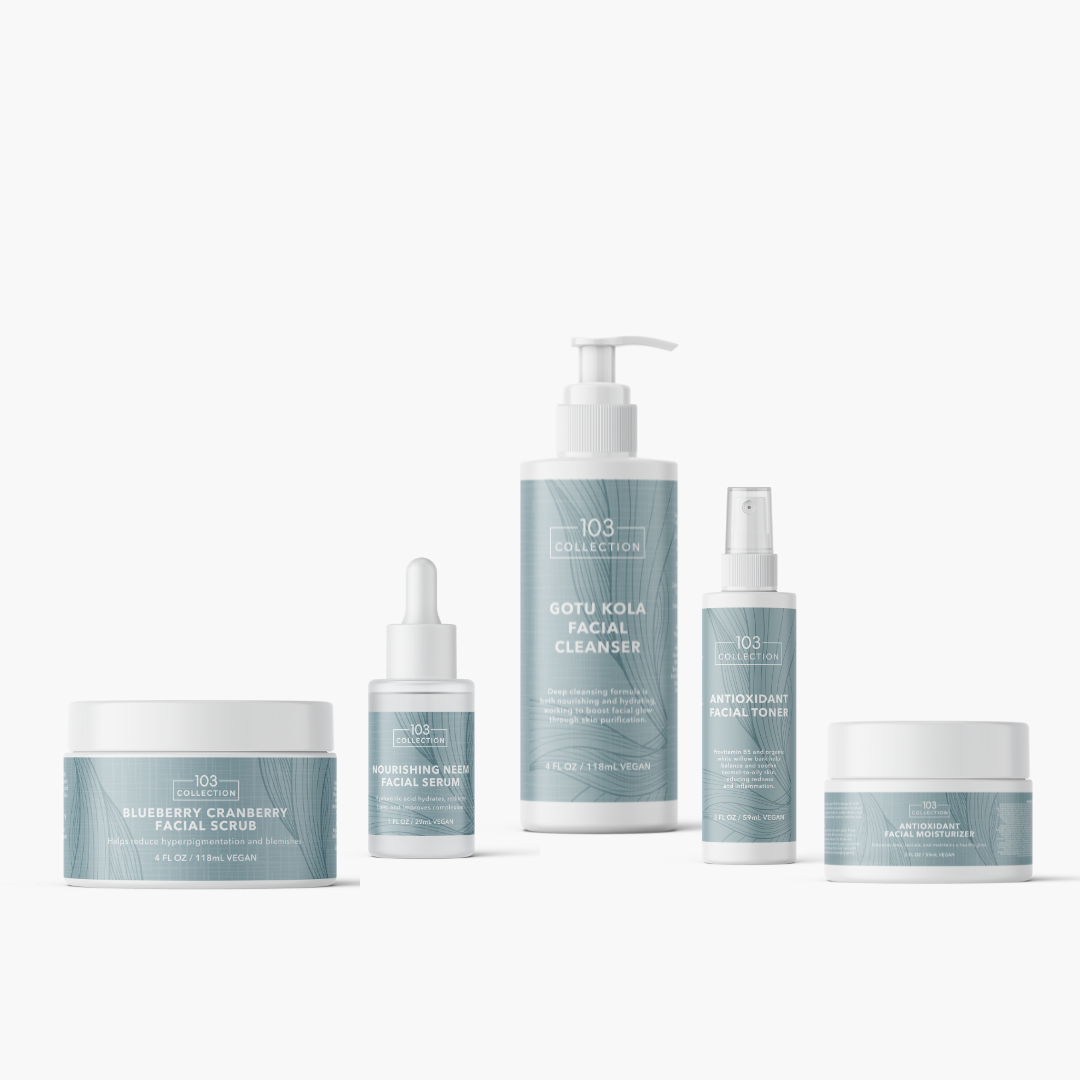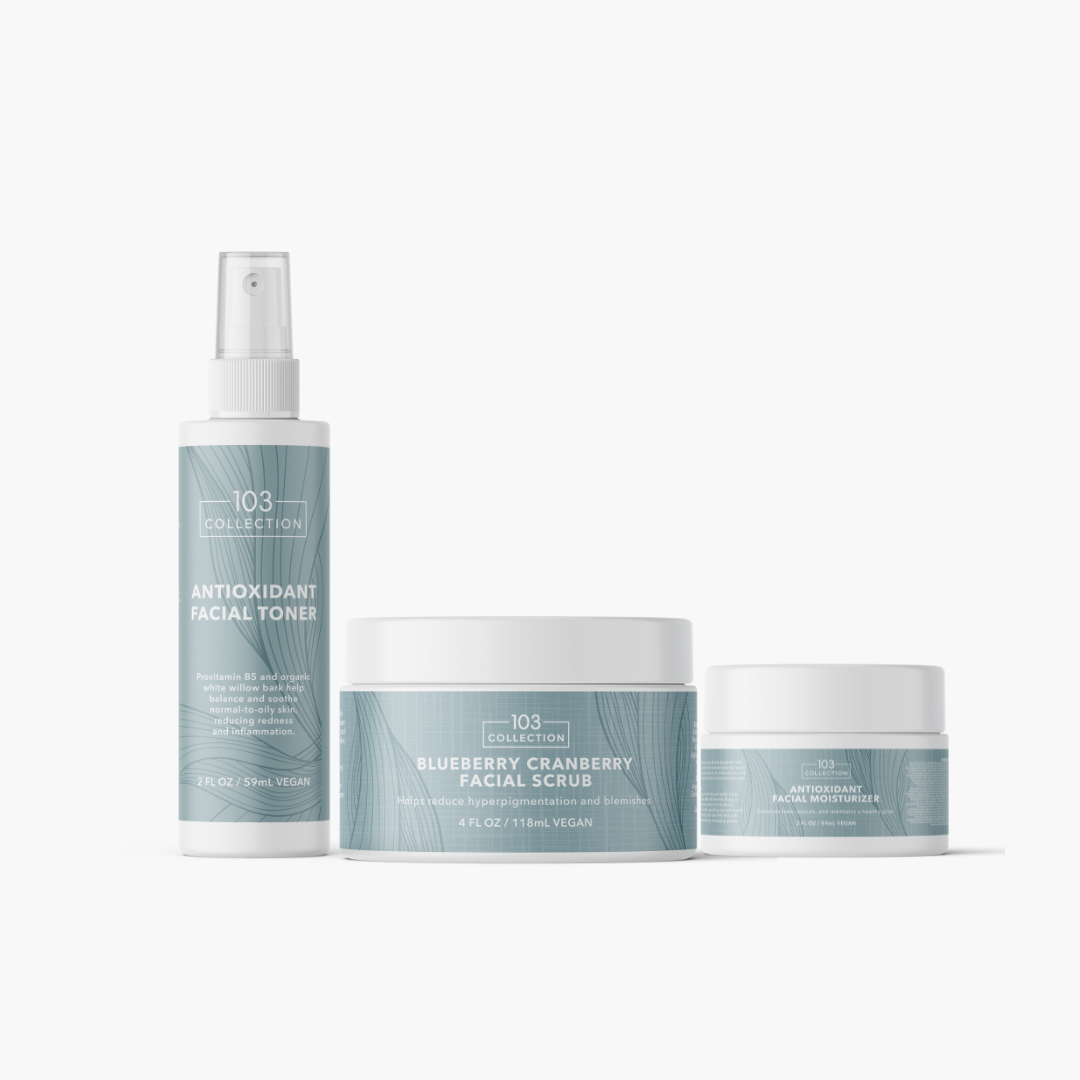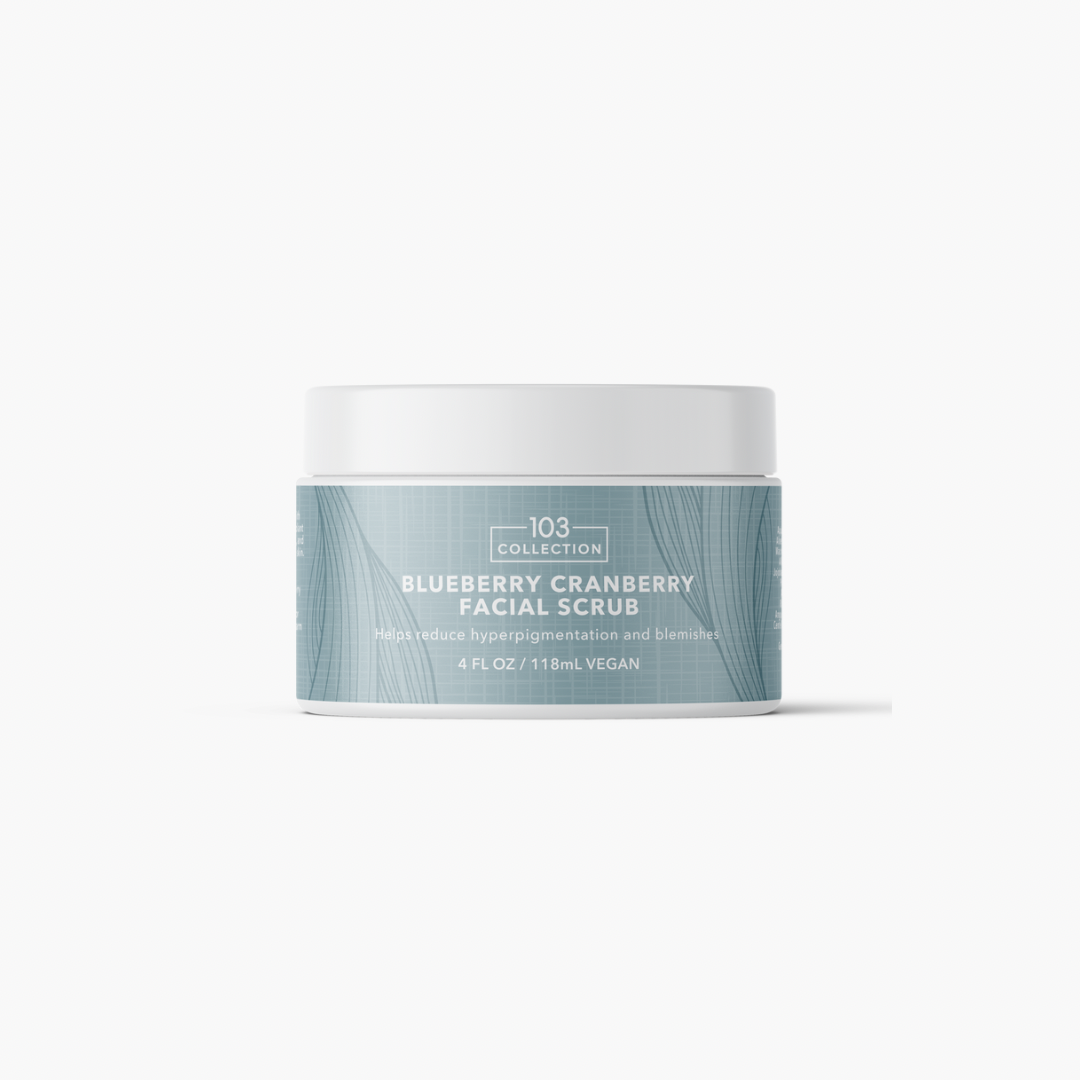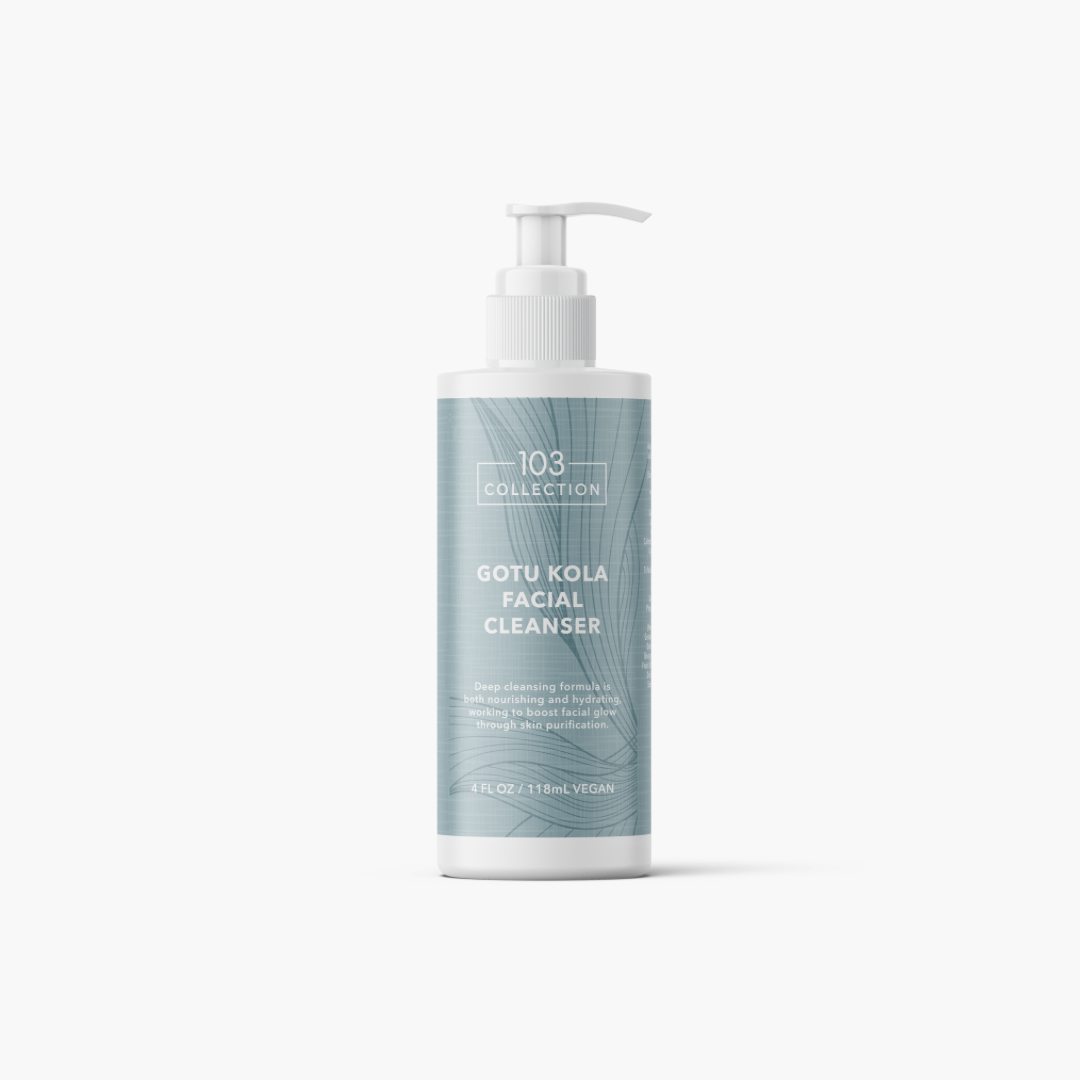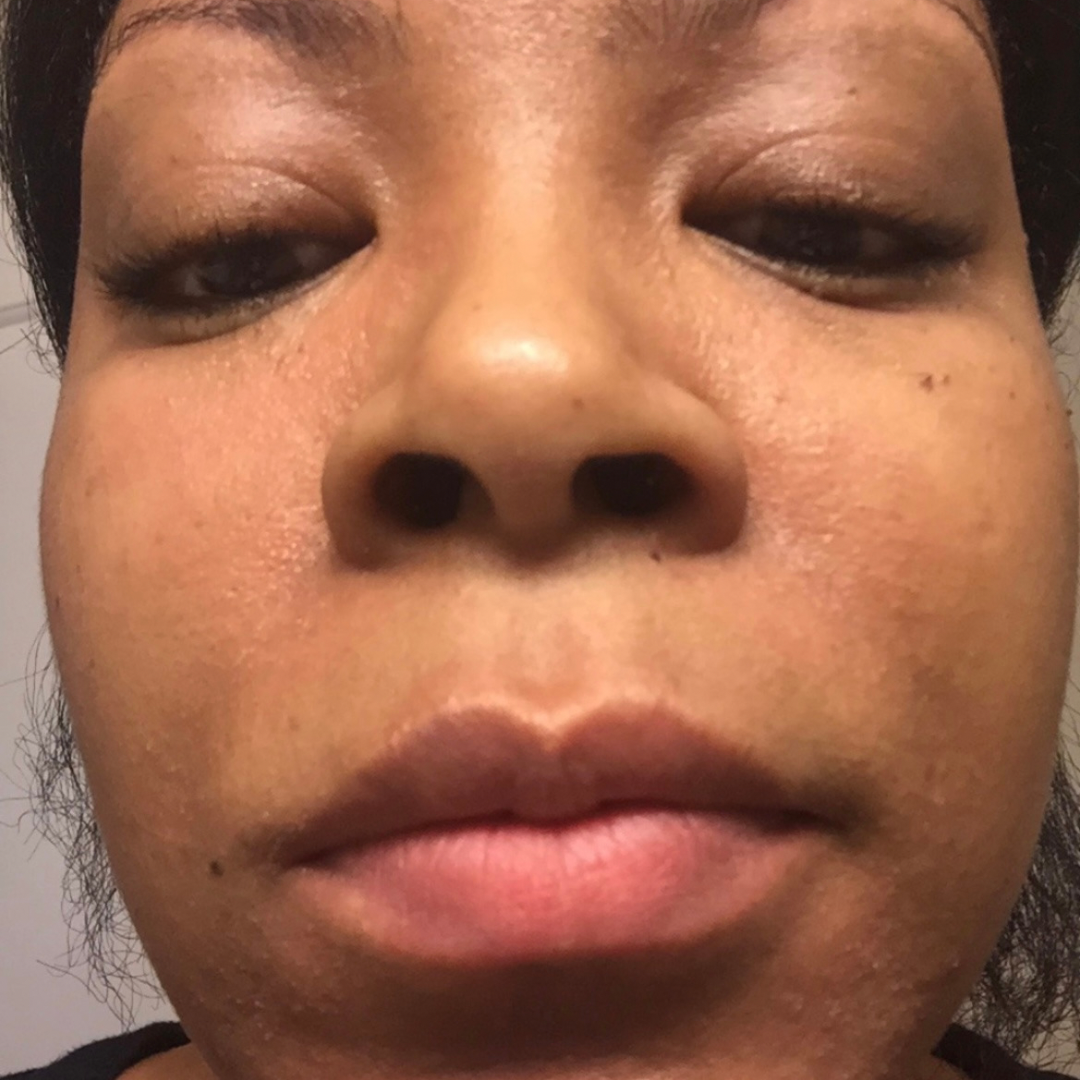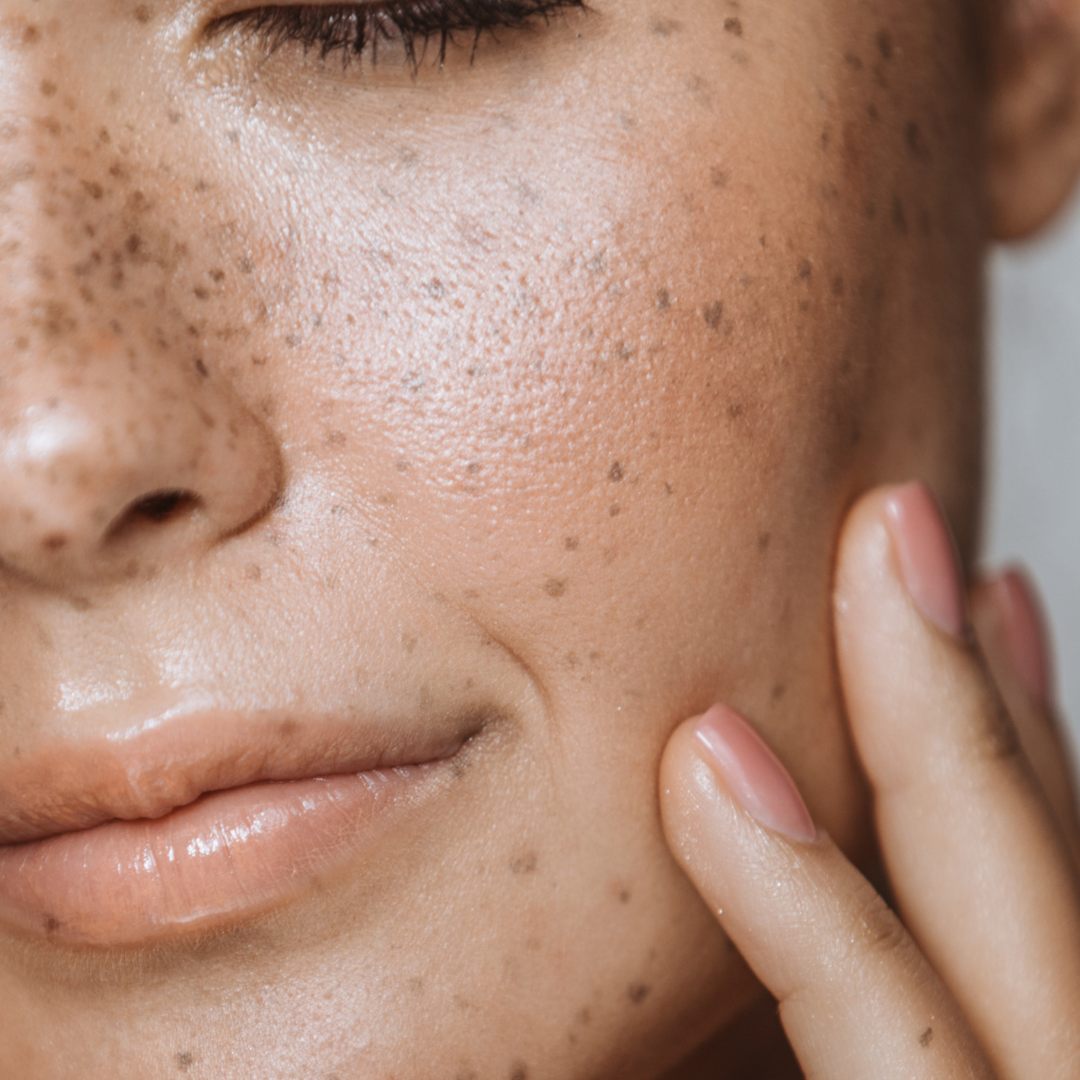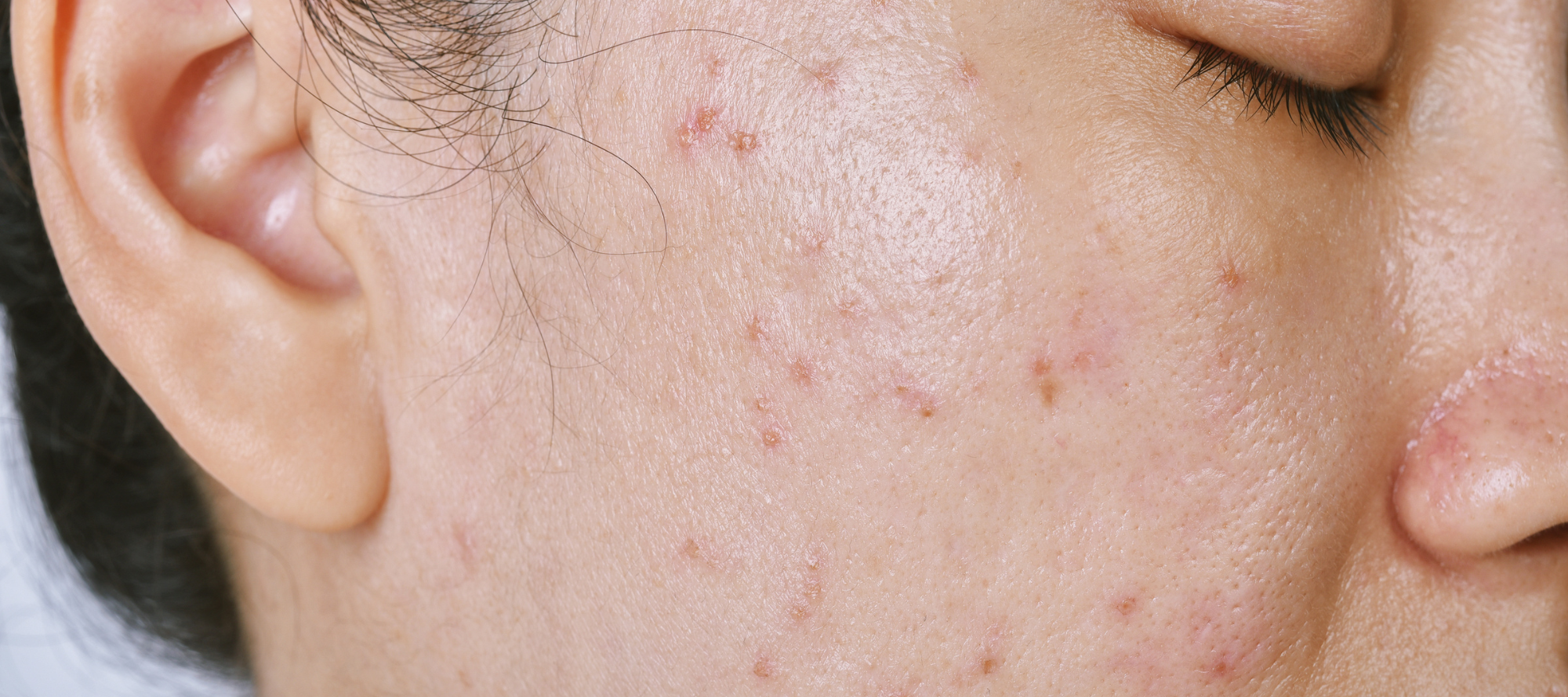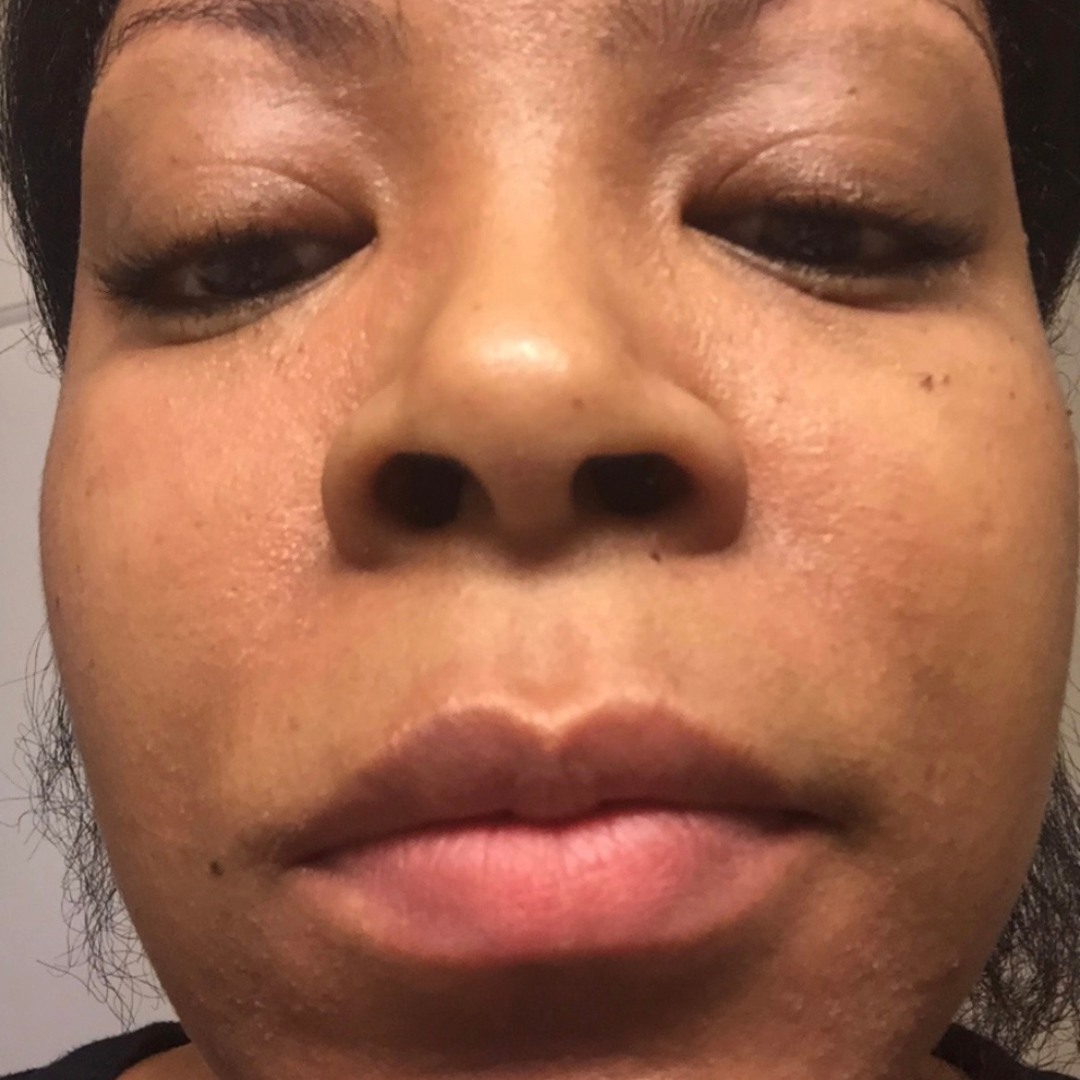Sensitive skin is a condition characterized by heightened reactivity to various environmental factors and skincare products. Individuals with sensitive skin may experience redness, itching, burning sensations, or discomfort in response to triggers that typically do not affect others.
-
What Is Sensitive Skin?
Sensitive skin is often more reactive due to a weakened skin barrier. The skin barrier acts as a protective shield, preventing irritants and allergens from penetrating the skin. In sensitive skin, this barrier is compromised, making it more susceptible to external influences. Common triggers for sensitive skin include harsh weather conditions, certain skincare ingredients, fragrances, and even stress. Identifying specific triggers for an individual's sensitive skin is crucial to developing a personalized care routine.
-
Preventing Sensitive Skin
Preventing sensitivity involves adopting a gentle and tailored skincare routine. Avoiding harsh chemicals, fragrances, and abrasive exfoliants is essential. Opt for products labeled as hypoallergenic and non-comedogenic, as they are less likely to cause adverse reactions. Additionally, protecting the skin from environmental stressors, such as sun exposure and extreme temperatures, can help prevent sensitivity. Regular hydration is also crucial, as well-moisturized skin is better equipped to withstand irritants.
-
Treating Sensitive Skin
Nurturing sensitive skin requires a delicate and consistent approach. Start with a simple skincare routine that includes a mild cleanser, hypoallergenic moisturizer, and a broad-spectrum sunscreen. Patch testing new products is essential to identify potential irritants. When choosing skincare products, look for those containing soothing ingredients like aloe vera, chamomile, and calendula, which can help calm and nourish sensitive skin. Regularly moisturizing the skin helps maintain its natural protective barrier, reducing the risk of sensitivity.
TYPES OF SENSITIVE SKIN
-
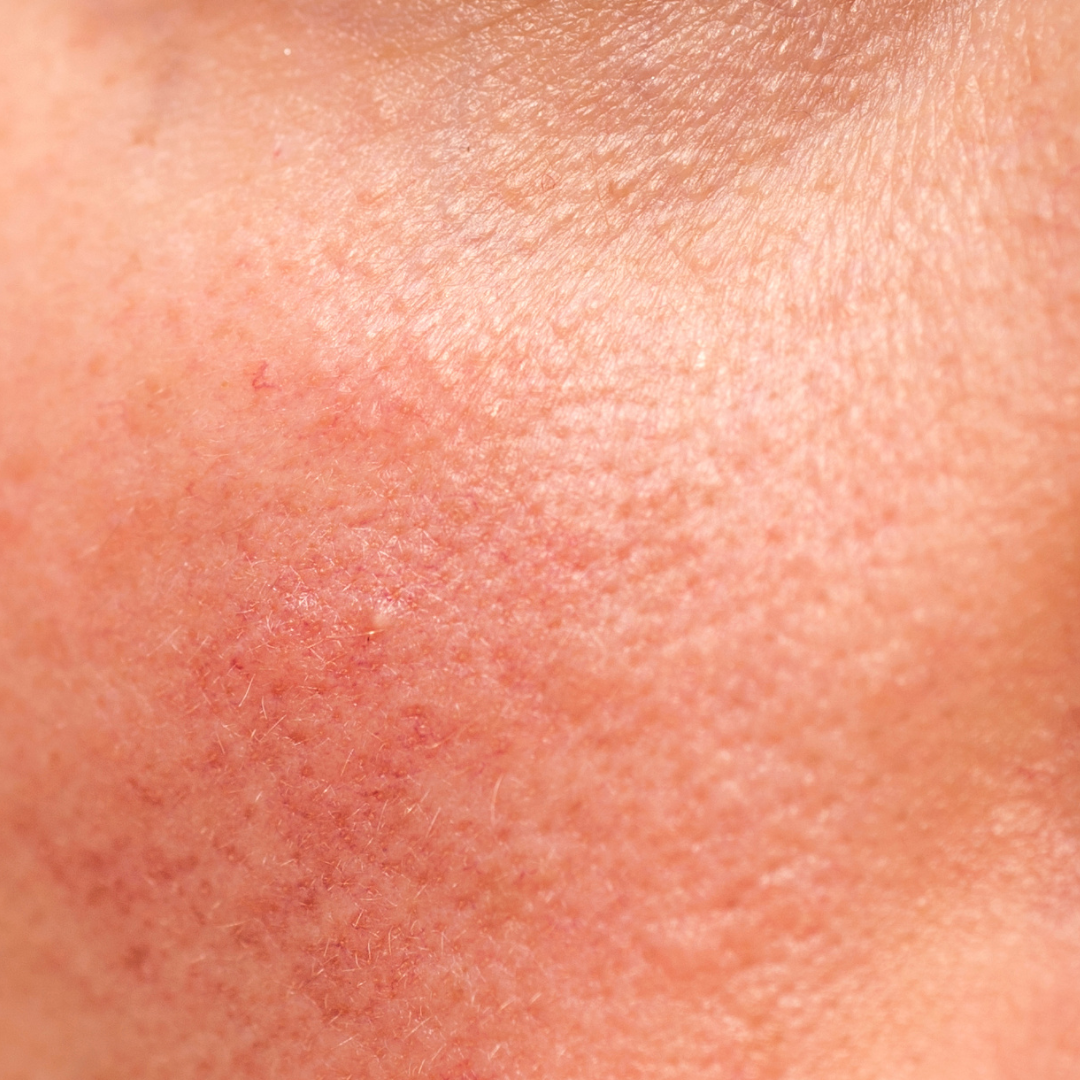
REDNESS
Sensitive skin tends to flush easily, leading to redness, especially in response to triggers like temperature changes, skincare products, or environmental factors.
-
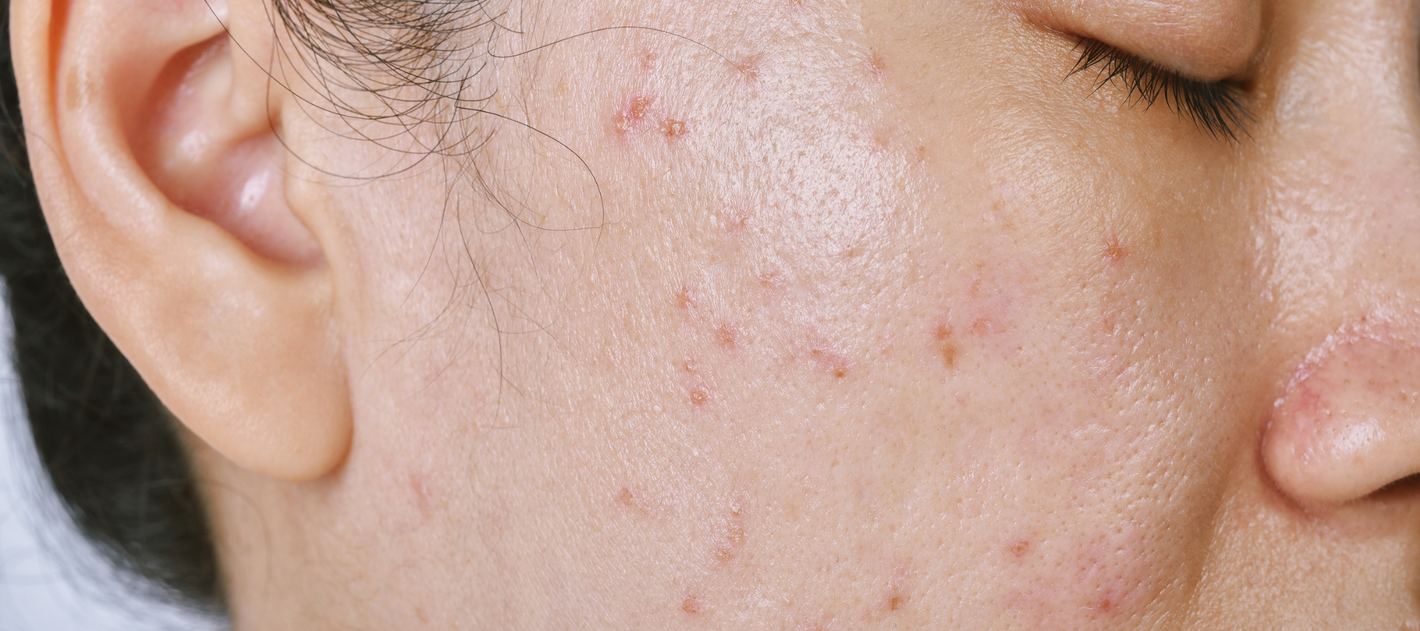
IRRITATION & ITCHING
Sensitive skin is prone to irritation, and individuals may experience itching or a tingling sensation, particularly after using certain products or being exposed to specific conditions.
-
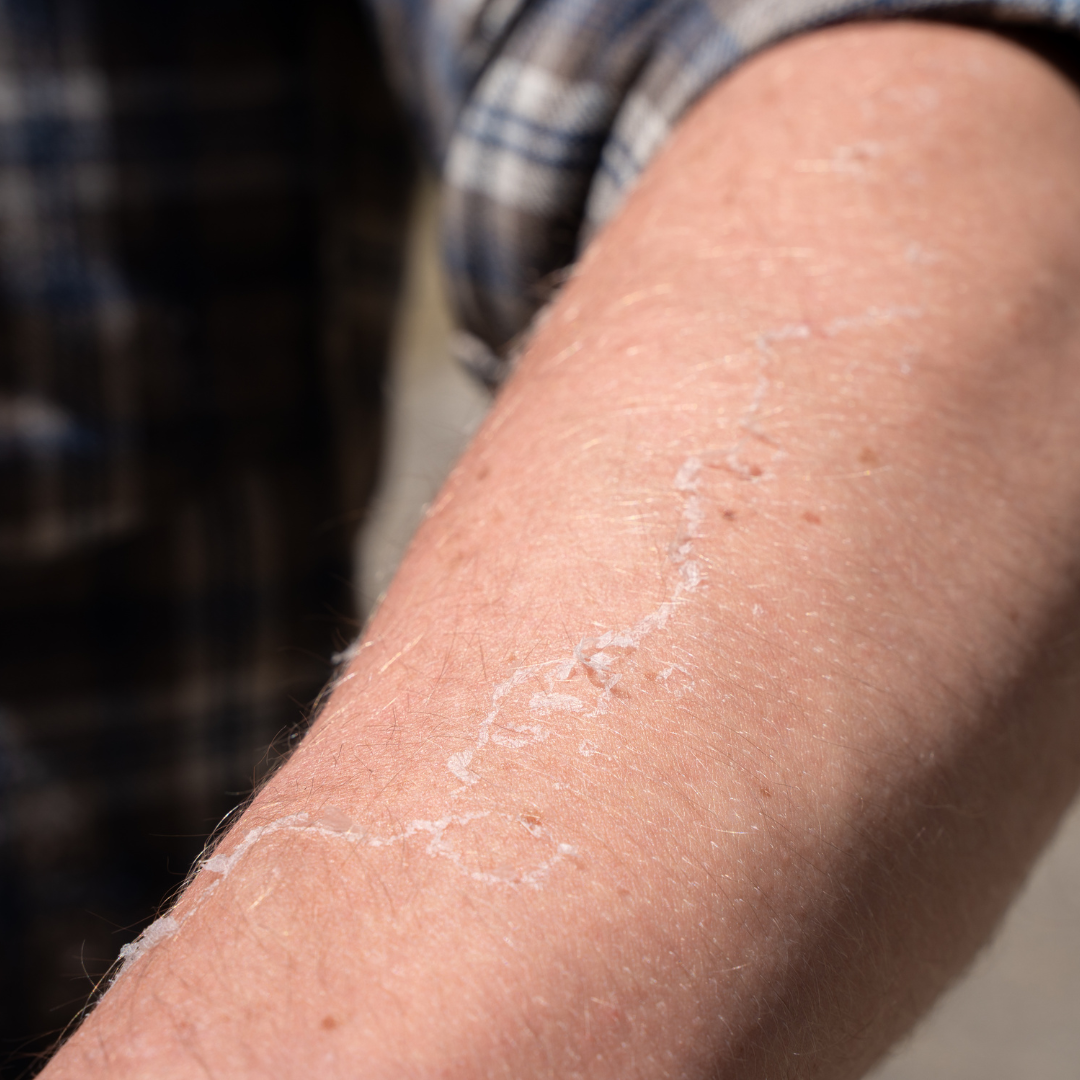
DRY & FLAKINESS
Sensitive skin may be more prone to dryness and flakiness, as it can struggle to retain moisture effectively. Harsh weather conditions or the use of certain skincare products can exacerbate this.
-
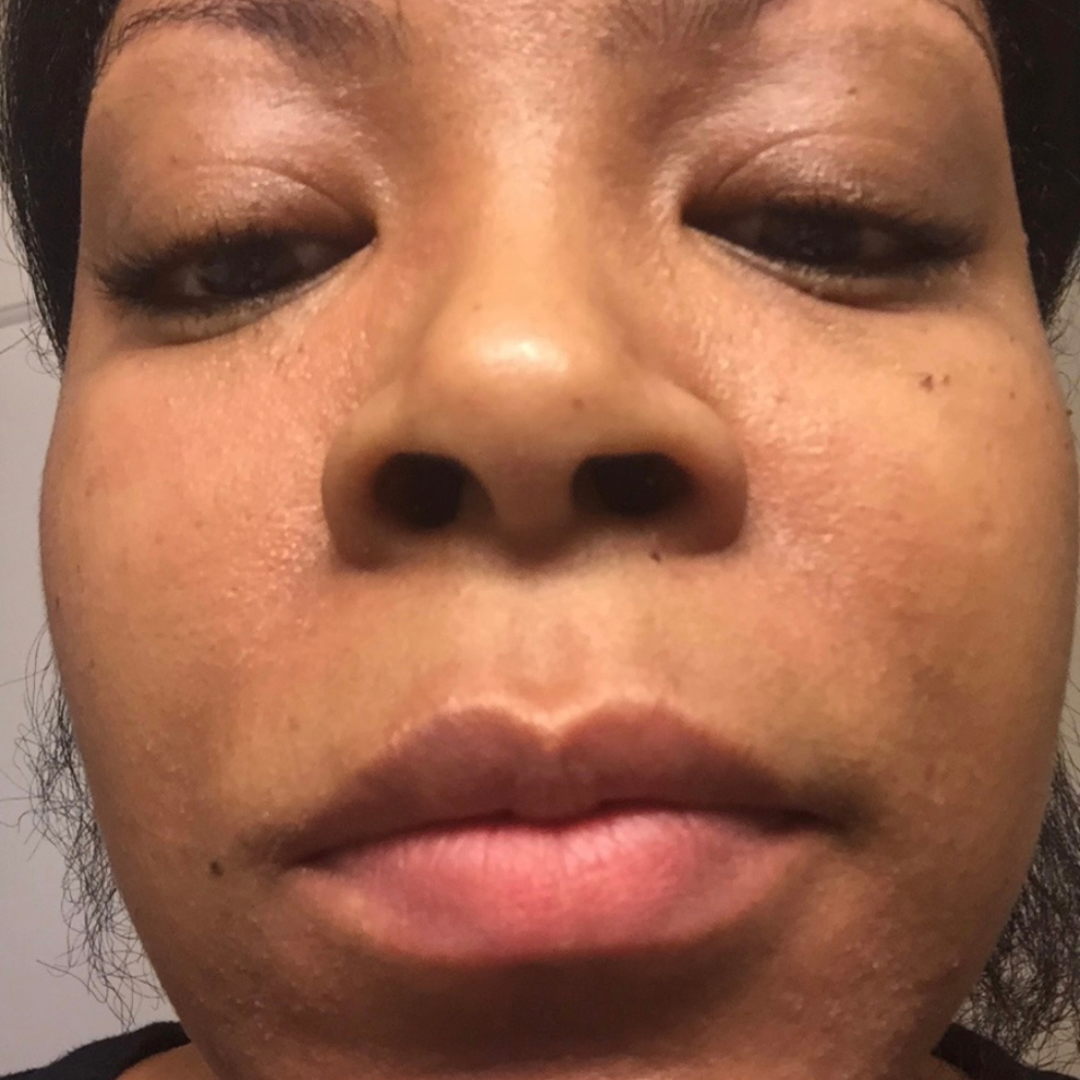
BREAKOUTS & RASHES
Sensitive skin may react with breakouts, hives, or rashes when exposed to allergens or irritating substances. This can manifest as small red bumps or a more generalized rash.
-
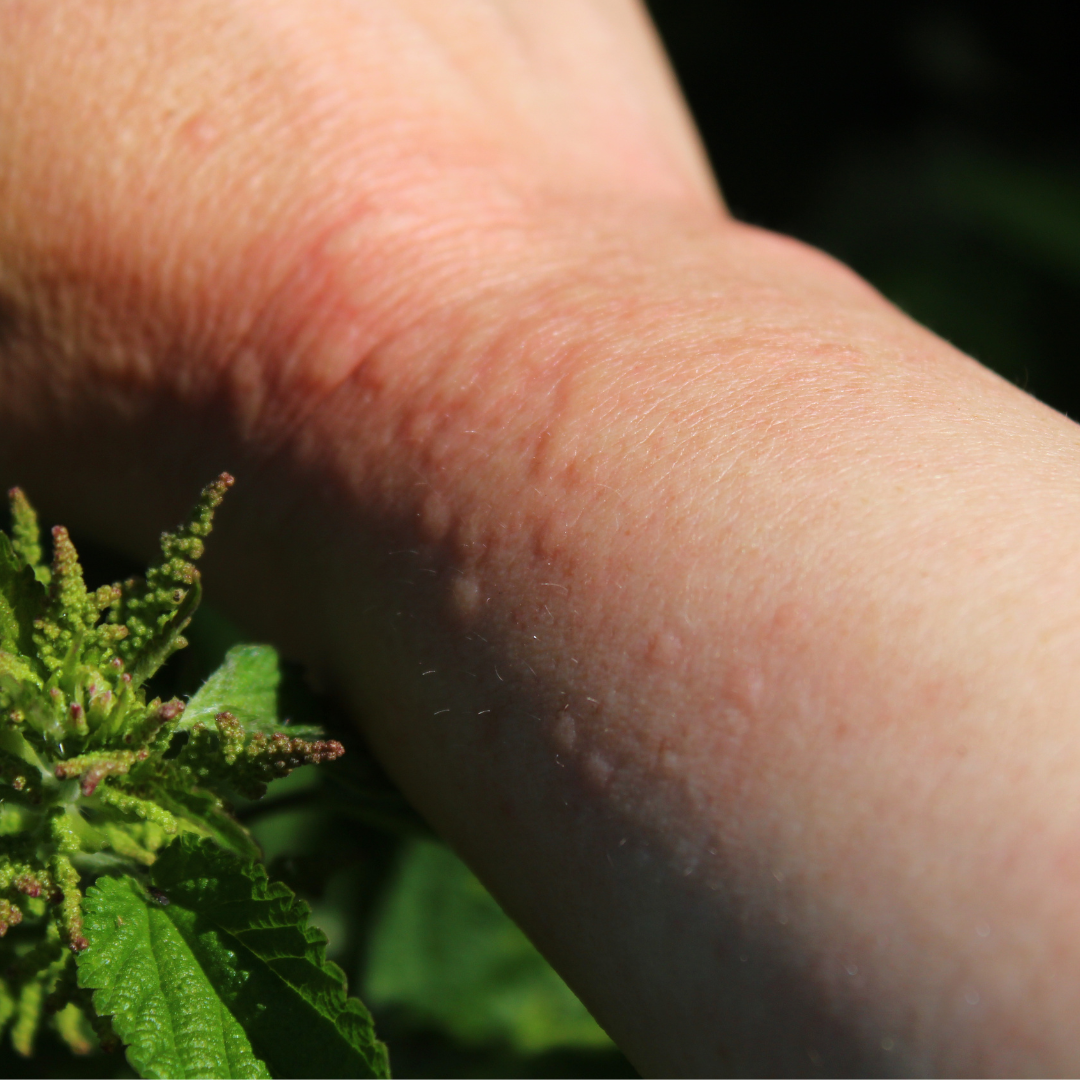
BURNING & STINGING
The skin might feel like it's burning or stinging, especially when using products with potentially irritating ingredients or in response to environmental factors.
-
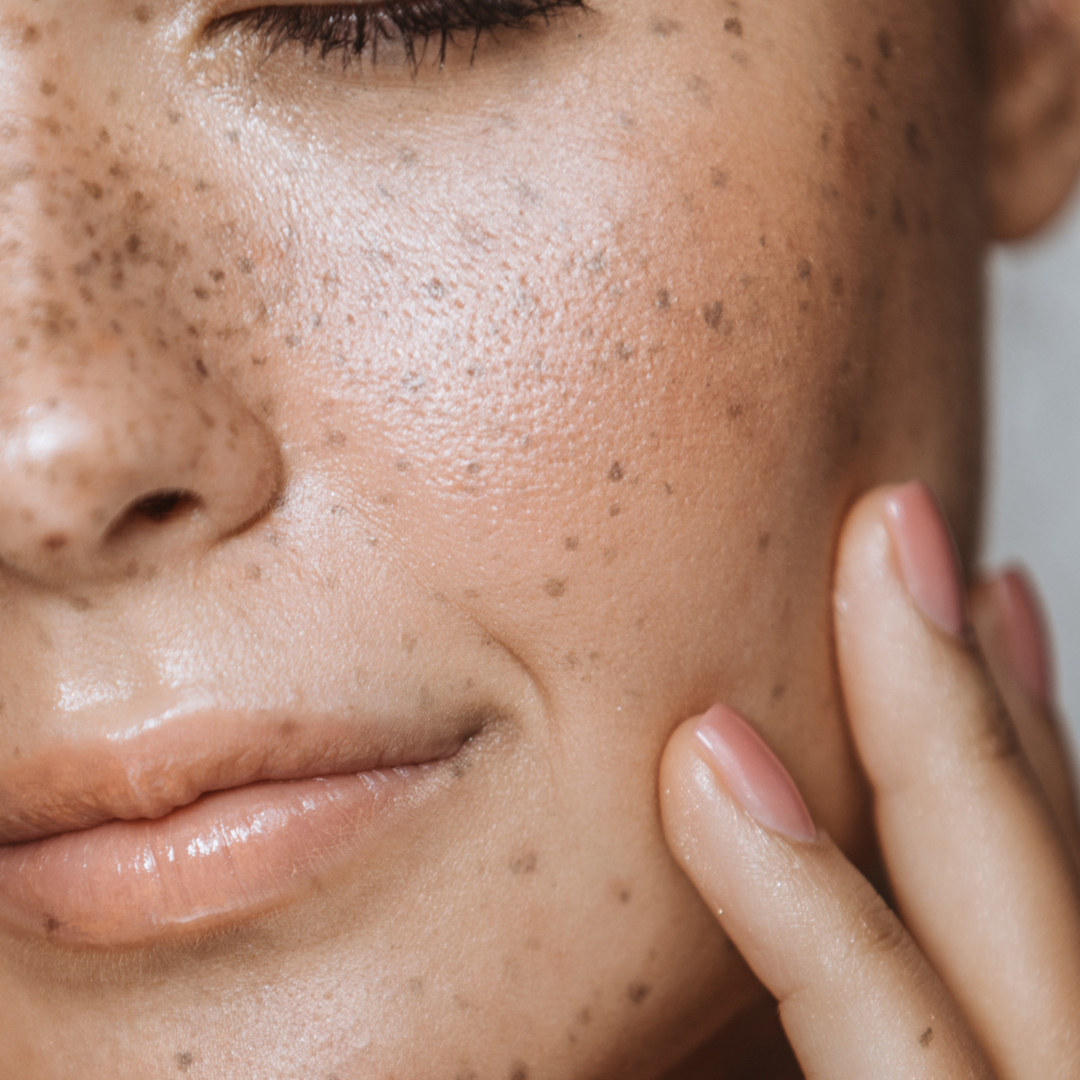
TIGHTNESS
Button labelSensitive skin may feel tight or uncomfortable, indicating a potential compromise in the skin barrier's function.
CAUSES OF SENSITIVE SKIN
Genetics
Inherited factors play a significant role. If your family has a history of sensitive skin, you may be more prone to it.
Environmental Factors
Exposure to harsh weather conditions, pollution, and UV rays can weaken the skin barrier, leading to sensitivity.
Skincare Products
Certain ingredients, such as fragrances, preservatives, and harsh chemicals, can trigger skin reactions in sensitive individuals.
Underlying Skin Conditions
Conditions like eczema, rosacea, or psoriasis can make the skin more susceptible to sensitivity and irritation.
Hormonal Changes
Fluctuations in hormone levels, especially during puberty, pregnancy, or menopause, can contribute to skin sensitivity.


Identify Your Skin Type
Understanding your skin type is essential for tailoring an effective skincare routine. Common skin types include:
- Oily: Prone to excess sebum production, leading to shiny skin and increased risk of acne.
- Dry: Lacks moisture, often resulting in flakiness, redness, and irritation.
- Combination: A combination of both oily and dry areas on the face.
- Normal: Well-balanced with minimal sensitivity and few imperfections.
- Sensitive: Prone to irritation, redness, and reactions to certain products.
How To Prevent Sensitive Skin
-
Holistic Approach
A holistic approach to preventing sensitive skin involves a mindful integration of lifestyle choices, skincare practices, and environmental considerations. Prioritize a balanced diet rich in skin-friendly nutrients, practice stress management techniques, and ensure adequate hydration and quality sleep.
-
Routine
Embrace a gentle skincare routine, avoiding harsh chemicals and allergens, while protecting your skin from environmental stressors like UV rays. Regular exercise and seeking professional guidance when needed complete this holistic strategy, promoting overall well-being and preventing the onset of skin sensitivity.
-
Well-Being
Practice stress-reducing activities such as meditation, yoga, or deep breathing exercises. Chronic stress can exacerbate skin conditions. Ensure you get enough quality sleep as it is crucial for skin repair and regeneration. Lack of sleep can contribute to skin sensitivity.
BLOG
